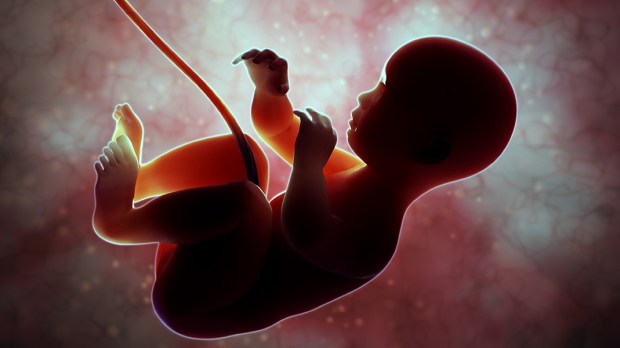The U.S. Supreme Court announced Monday that on December 1 it will hear arguments in a case that could result in the overturning of Roe v. Wade, the 1973 decision that legalized abortion.
The case, Dobbs v. Jackson Women’s Health Organization, involves a challenge to a Mississippi law that restricts abortion after 15 weeks of pregnancy.
The law, which was enacted in 2018, was blocked by the Federal District Court, and then upheld by the U.S. Court of Appeals for the 5th Circuit.
The High Court will look at whether all restrictions on abortions performed pre-viability are unconstitutional. Roe v. Wade, allowed abortion before the viability of the fetus, at 24 weeks of pregnancy.
Advances in science since Roe vs. Wade
Pro-life advocates have made the case that since 1973, advances in scientific research have changed our understanding of the development of the unborn child.
“Science reveals the undeniable humanity of the unborn child. By 15 weeks, an unborn baby’s heart has beat nearly 16 million times. She already shows a preference for her right or left hand, responds to taste, and can feel pain. They and their mothers deserve protection in the law,” said SBA List President Marjorie Dannenfelser.
A legal precedent allowing restrictions no abortion
Anti-abortion activists and legal experts argue that there is also a case to be made that the Supreme Court has already ruled that certain restrictions on abortion are constitutional.
“But there is, of course, precedent in the Court’s jurisprudence for prohibiting abortions before viability,” said Jennifer Popik, J.D., federal legislative director for the National Right to Life Committee.
“The 2003 Partial-Birth Abortion Ban Act banned a particular abortion procedure that was used both before and after what is considered viability. It was found to be constitutional by the U.S. Supreme Court in 2007.”
Popik noted, “The NRLC-led debate over partial-birth abortions broke new ground in the abortion debate and the constitutional finding by the Court clearly paved the way for future rulings.”
Catholic bishops argue for overturning of Roe vs. Wade
The United States Conference of Catholic Bishops (USCCB) on July 28, 2021, filed an amicus brief in the case of Dobbs vs. Jackson Women’s Health Organization, backing Mississippi’s abortion ban.
In the brief, the USCCB argued that abortion is not a right created by the Constitution and called it “inherently different from other types of personal decisions to which this court has accorded constitutional protection.”
TheCharlotte Lozier Institute also filed a separate amicus brief in the Dobbs case. CLI’s brief points to scientific evidence since the 1973 Roe v. Wade decision that demonstrates the humanity of unborn children, including their capacity to feel pain well before “viability.”

